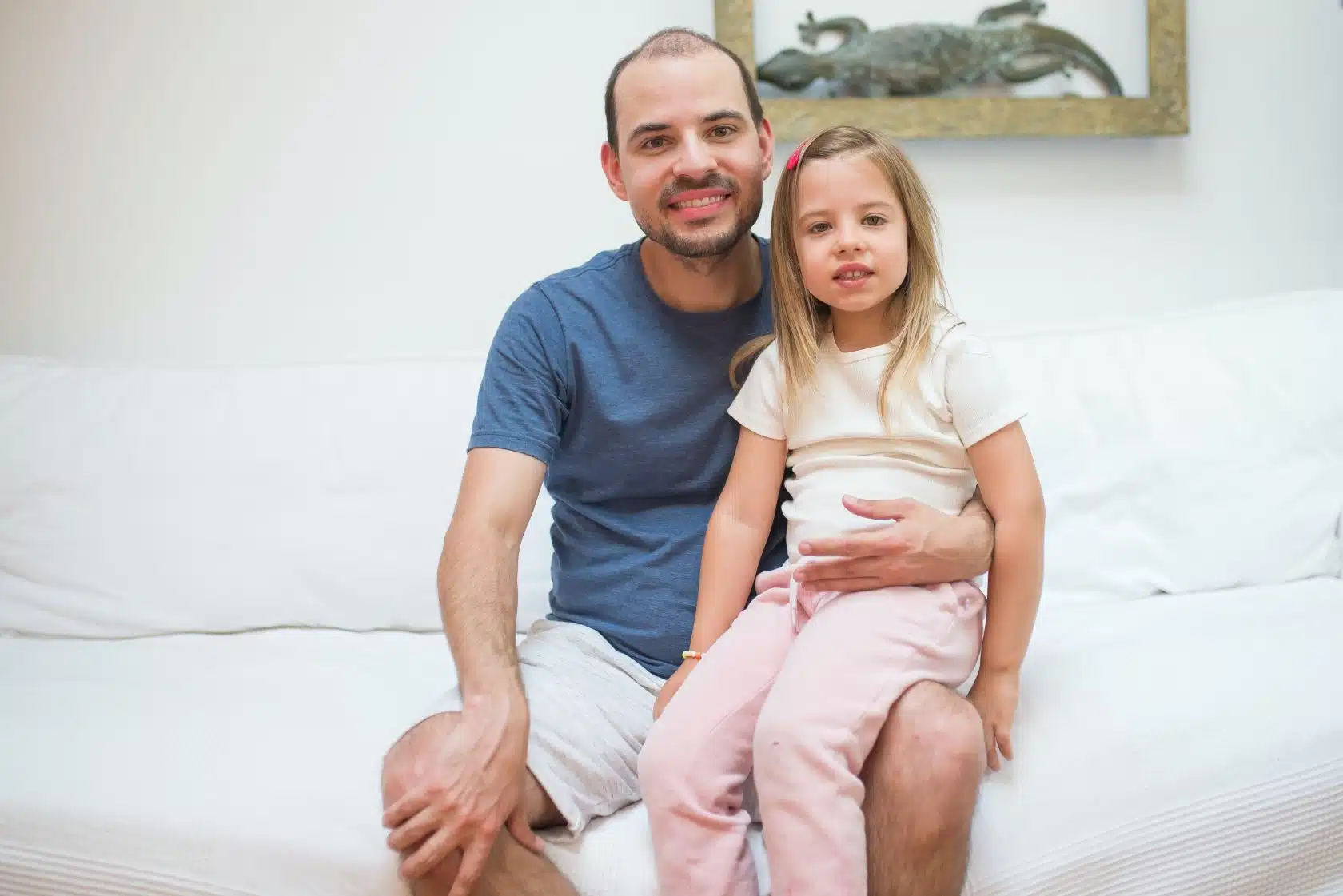Children with autism may exhibit various symptoms that affect their social interaction, communication, and behavior. Here are some key signs to look out for:
- Social Challenges: Difficulty making and maintaining eye contact, limited interest in socializing or playing with others, and difficulty understanding and responding to social cues.
- Communication Differences: Delayed speech or language skills, repetitive or unusual language patterns, difficulty initiating or sustaining conversations, and challenges understanding nonverbal cues.
- Repetitive Behaviors: Engaging in repetitive movements or actions, rigid adherence to routines or rituals, and intense focus on specific interests or objects.
- Sensory Sensitivities: Heightened or reduced sensitivity to sensory stimuli such as sounds, textures, lights, or smells.
- Challenges with Transitions: Difficulty adjusting to changes in routines or unexpected events.
If you observe these signs in your child, consulting with a healthcare professional can provide support tailored to your child’s needs. Goally, a tablet tool, provides apps for kids with childhood autism, supporting life and language skills, emotional regulation, executive functioning, and social skills training.
Editor’s note: This information is not meant to diagnose or treat and should not take the place of personal consultation, as needed, with a qualified healthcare provider and/or BCBA.















